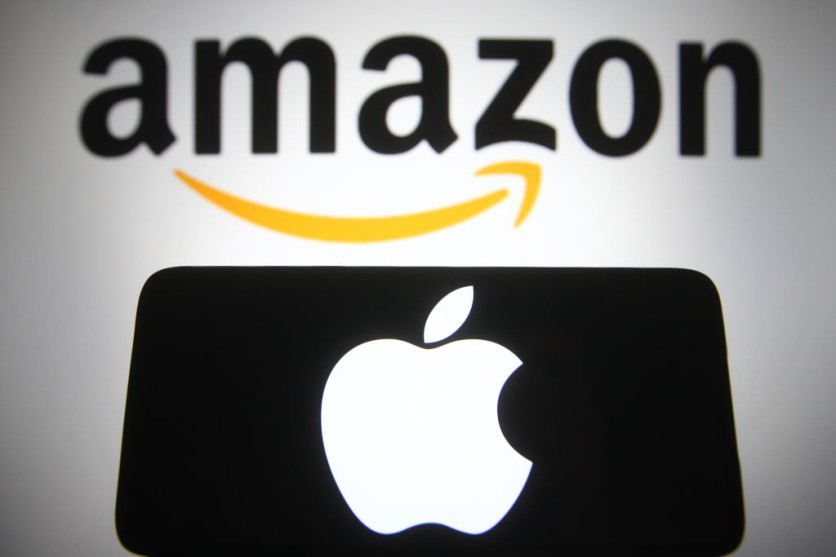
Apple and Amazon are currently being investigated in Spain. The two companies are accused of preventing any third-party sellers from selling iPads, iPhones, and Macs in the country.
Apple and Amazon Under Investigation
Spain's Comision Nacional De Los Mercados Y La Competencia or CNMC announced on July 2 that it was investigating if Apple and Amazon have unfairly colluded to reduce Apple's competition in the e-commerce site for electronic products.
The group is looking for proof of any deals that Apple and Amazon have made to limit the sale of Apple products on Amazon's site, according to 9to5 Mac.
Also Read : Apple AirTags vs. Tile: Cupertino's Antitrust, Monopolistic Copy from Bluetooth Startup?
Spain's CNMC is not just looking into the sales of Apple products, it is also investigating if the effort is strengthening Amazon's position in marketing services to third-party resellers.
If found guilty, there won't be a fast resolution, just like the other antitrust investigations. The CNMC has given itself a maximum of 18 months to examine the issue and determine a final resolution fully. Appeals could extend this timeline further, according to Reuters.
Apple is selling its products directly on Amazon in Spain, and after a few months, it did the same worldwide. The deal also applies to the United States, France, United Kingdom, India, Germany, Italy, and Japan, and they began in 2018.
Before Apple struck a deal with Amazon, the products were either unavailable or only sold through the third-party marketplace. This process is led to Apple products being offered to Amazon customers at different price points, and some products were not in perfect condition.
In the United States, the terms of the Apple and Amazon agreement mean that Apple must authorize resellers to distribute its products, or they should purchase at least $2.5 million in refurbished inventory every 90 days.
The refurbished inventory must come directly from Apple or through a third party with more than $5 billion in annual sales, usually meaning carriers and national retailers, according to MacRumors.
Third-party vendors not meeting those required purchase thresholds are prevented from selling Apple products on the Amazon store, and this rule began in 2019.
Apple and Amazon's Other Antitrust Investigations
In April, Apple was accused by the European Union or EU of breaking its competition rules after Spotify complained that Apple wants a dominant position in the music streaming industry.
The EU investigation is still ongoing, but if Apple is found guilty of breaking EU rules, the company will face a fine of up to 10% of its annual revenue, which could be as high as $27 billion based on Apple's annual revenue of $274.5 billion in 2020.
Apple would also have to change its business model completely.
As for Amazon, the e-commerce giant is currently facing an antitrust investigation as the Federal Trade Commission or FTC in the United States due to its questionable business behavior.
The FTC often looks at whether prices go up or down for consumers as the committee believes it is necessary to understand why a high-growing platform might engage in predatory pricing.
Amazon was also accused of pressuring its suppliers of selling at least 30% of their company to the e-commerce giant as part of their deal.
Related Article : Apple and Google Hit With Another Antitrust Case and this Time in Japan
This article is owned by Tech Times
Written by Sophie Webster




